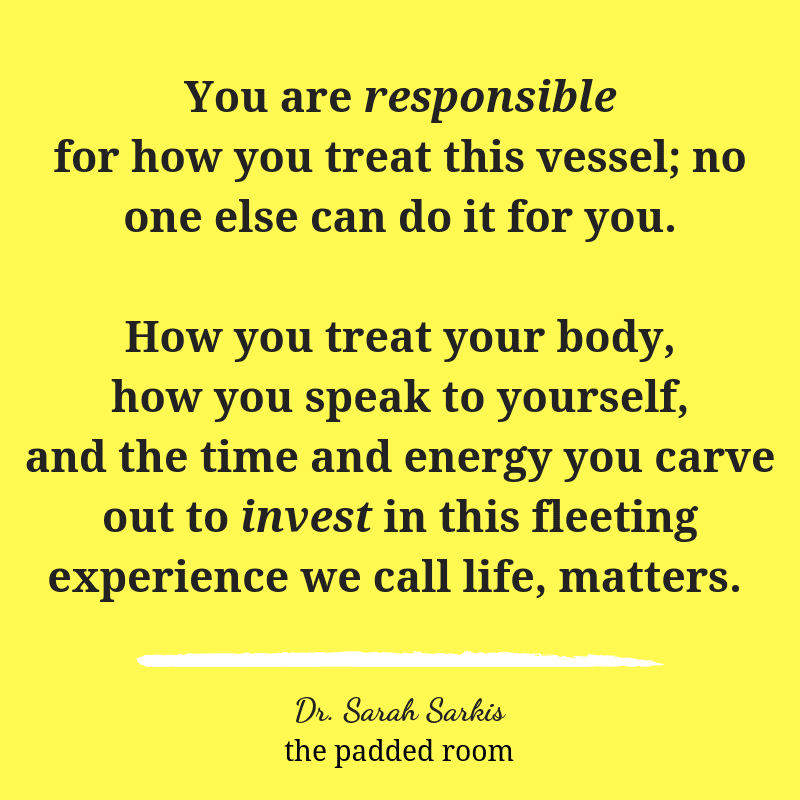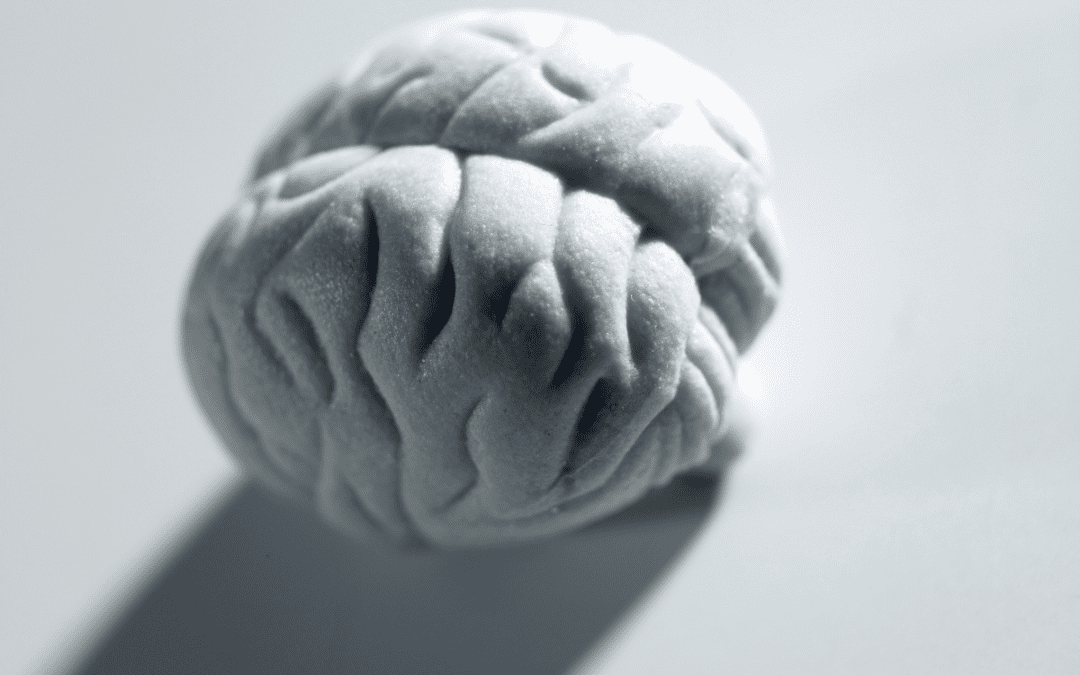Remember the old adage, you can’t teach an old dog new tricks? Think about that for a minute. Generations of us grew up hearing this mantra. There was this assumption that childhood and youth were the prime of our life, that all our best years were encapsulated in that quarter sliver of time from birth to twenty-five years old. After that, it’s all downhill. Pretty bleak if you ask me.
This very notion contributed to a generation or more of people who believed that they could neither influence nor change their lot in life. This belief impacted the field of psychology in a uniquely disempowering way, as legions of people were raised to be believe that their psychological wellness was dictated by the genes and brains they inherited. I cannot tell you how many people come to my office to address a certain set of symptoms, let’s say anxiety, and will say something along the lines of “well my mother and grandmother both had anxiety. Looks like I caught it from that side of the family.”
But the validity of these beliefs was cracked wide open when neurologists discovered that brain cells could generate throughout a lifespan and that the brain, in fact, has the capacity to “heal” itself. Add to this that in the early 2000’s The Human Genome Project was wrapping up and on the back end of that massive project was this realization that your genes were only one piece of the puzzle when it comes to the fate of your wellness. And, not only are your genes one piece of the puzzle but a much smaller piece than anyone had previously anticipated. In fact, gene expression, as it turns out, is mitigated by a multitude of factors and variables. Enter the dawn of epigenetics and neuroplasticity.
Let’s make explicit some important components to this term epigenetics. You cannot change your DNA; that’s hardwired in your cells. What epigenetics refers to is the understanding that you can influence your epigenome, the layer of chemicals that sits atop your DNA, telling it how it will express itself. Here’s a (very) limited list of the factors that influence our gene expression and brain function:
Diet (how we feed our vessel)
Sleep (how we rest this vessel)
Stress, trauma, psychological resiliency (what impacts and shapes this your interior architecture)
Exercise (how we move this vessel)
Environmental toxins and exposure
Inflammation (at a cellular level)
The convergence of these two realizations, that you can influence your gene expression and that the brain has plasticity throughout a lifetime, has uniquely shaped and informed the trajectory of the field of psychology and the billion-dollar self-help industry.
Plain and simple, it means you are responsible for your own sense of wellness. It means that how you nourish, both literally and figuratively, your body, mind, and brain matter. At the deepest levels of influence, right down to your gene expression and how your brain generates and repairs itself, you participate in the “care” of your being. You are responsible for how you treat this vessel; no one else can do it for you. How you treat your body, how you speak to yourself, and the time and energy you carve out to invest in this fleeting experience we call life, matters.

My intention in writing this blog is so that you can start to truly grasp the power of these concepts; they are not some intellectualized or boring scientific jargon. The concepts of epigenetic and neuroplasticity are a battle cry for personal accountability, responsibility and empowerment. You can change your life. You can change your mind. You can repair your health.
As a psychologist it is my duty to talk about this relationship between epigenetics, neuroplasticity and your psychological well-being. To continue to ignore or underemphasize these factors in your pursuit of wellness would be reckless and arrogant on my part as your doctor. We cannot continue to treat the mind separately from the body and brain in which it is housed and expect to get different or satisfactory ROI (return on investment).
In my opinion, every psychologist should be discussing with you the robust research emerging on food, mood, and medicine (and I do not mean the food pyramid). At the very least they should be referring you to a functional medicine nutritionist as the primary referral over psychiatric services for an Rx. The option of medicating your emotional and psychological patterns should be a matter of last recourse, especially for the vast majority of us which fall in the mild to moderate realm of dis-ease or distress. But I assure you, that is not the case here in the US. Americans are less than 5% of the world’s population, yet we consume 66% of the world’s psychological medications. To continue to prescribe psychiatric drugs for conditions like anxiety and depression, which we know responds even better to food, exercise, meditation, and talk therapy is to perpetuate medicine of yesterday despite mounting evidence to the contrary. Gone are the days where you can sit across from me on that couch and discuss your psychiatric symptoms without exploring your relationship to food, without poking around at your exercise routine, without discussing your relationship to stillness, meditation and mindfulness. We’ve got to re-engage YOU in the process of repairing you.
I want to be crystal clear about my philosophy on the use of psychiatric medication. I am not opposed to it. I am not naive about how debilitating and life threatening certain psychiatric illnesses can be. I work in the daily grind of the human condition. I am not someone who has rose colored glasses on. I have had and have currently patients who are working with conscientious and thoughtful psychiatrists to help ease the crippling side effects of various serious mental illnesses. These medications are as critical to their wellbeing as insulin would be if they had diabetes. But what I am suggesting is that the dawn of writing prescriptions for the vast majority of psychological symptoms that are mild to moderate (which is the vast majority of the cases) has got to shift. We know better now, both as a consumer and as practitioners.
I say this all the time, but it bears repeating: There is no magic pill. You are going to have to do the work. This is an inside job.
You can participate in changing how your brain functions. You can change even something as elusive as your mind. You can change your health. You can influence your mood and shift long held trauma patterns, which in turn changes your brain (and vice versa). The human vessel, it turns out, is not some rigid and inflexible machine susceptible to the slightest of insults. Rather, it is a dynamic, fluid, and integrated system that is constantly in a state of flux as it metabolizes and digests what it faces moment-to-moment. It’s an incredibly malleable and “coachable” vessel, which craves homeostasis (balance). So, as luck would have it, old dogs are uniquely qualified to learn new tricks.
All you have to do is start.
Start now.
Start where you are.
Here are a few practical and straightforward “tricks” for you to begin immediately:
Sit for 20 minutes a day in silence. Observe yourself. Be curious about your interior architecture.
Evaluate how you are nourishing this borrowed body you call home, this includes the regular use of alcohol, cigarettes, and drugs (prescription drugs included).
Begin to work with a trained professional to metabolize trauma, work through grief and loss and establish new coping skills to face life’s ups and downs. This is not about learning to be positive and have gratitude all the time. That only takes you so far. It’s about learning how to tolerate your feelings and expand your emotional muscles so you can better manage real life, which always includes pain, suffering, sorrow, hurt, and death.
Go to bed and try to get eight hours of sleep a night.
Turn off your electronic devises at night. Turn off WIFI if you can. If your phone is your alarm clock, turn it to airplane mode.
Start to engage your doctors in this discussion about epigenetics and neuroplasticity and ask them to help you access resources and information on more actionable steps you can take to start to improve your own sense of well-being.
Please reach out to me or someone working within this domain of functional and integrated psychology and medicine if you want to learn more about how you can change you.






Great post! I’ve found the link between emotional well-being and physical health to be both inextricable and powerful. Agree 100 percent that even the brain can be "re-wired," and while I don’t think the old wiring is removed, it is no longer the default response.
YES! exactly. you get that moment of pause between stimulus and response and that’s the key to shifting long held patterns!
thanks for leaving a comment!
sarah